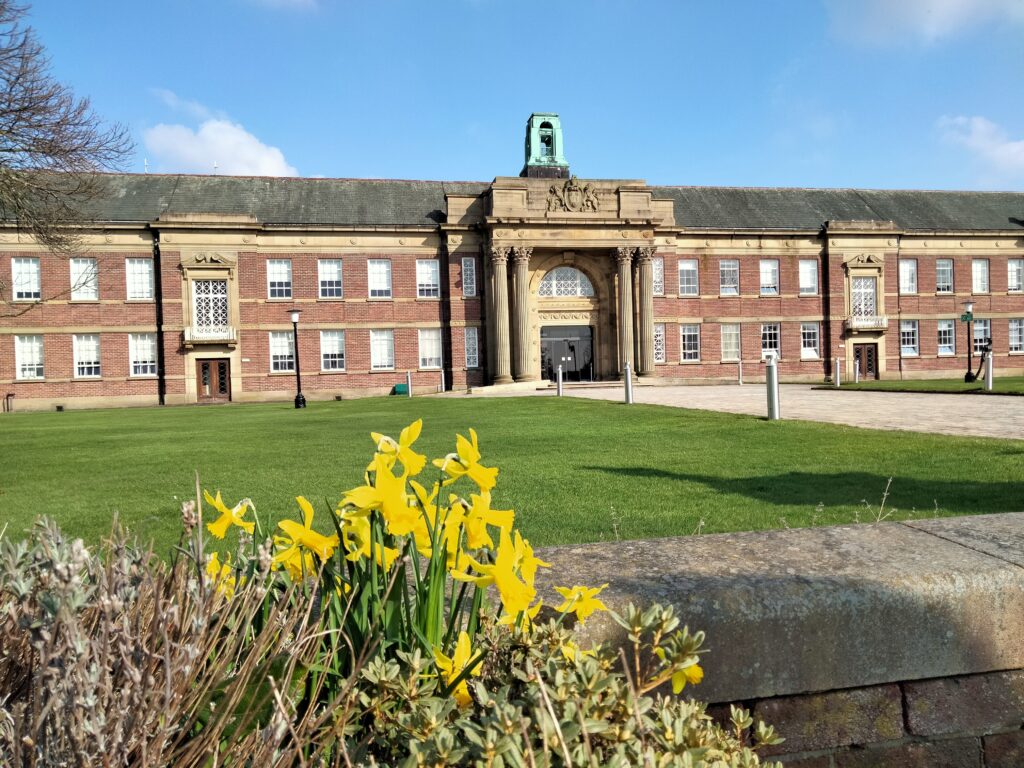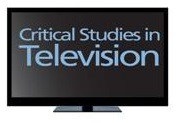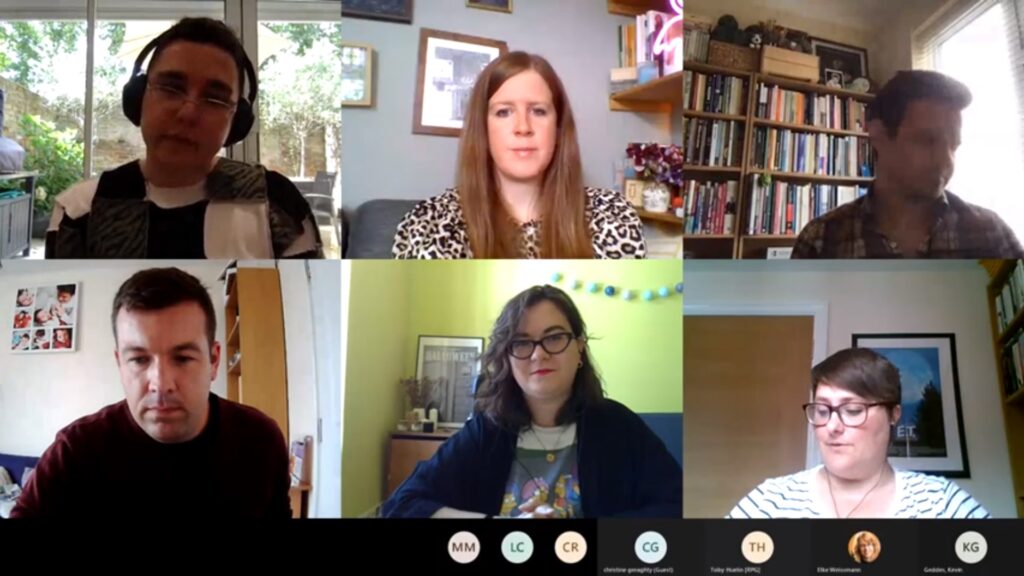Slow Online Conference
6-17 July 2026



We invite papers on all aspects connected to television, but this year we want to pay particular attention to the feeling of crisis that envelops us and television in a myriad of ways. Television, in the UK at least, was shut down during one large crisis of the last century – namely during the Second World War, and television black outs were sometimes used strategically elsewhere at other moments of crisis. But television is also there to witness in moments of crisis, perhaps most iconically during the terrorist attacks on the Twin Towers in New York on 11 September 2001. And, crucially, television provides us with the opportunities to work through the ‘structure of feeling’ (Williams, 1973) of crisis that we may experience at any time – and perhaps particularly pertinently at the moment. Interestingly, this is also a moment of crisis for television itself: as television is re-imagined for online delivery, we are moving away from PSB to PSM, funding structures are questioned and re-conceptualised, institutions are directly under attack by politicians and self-censorship is widespread. And of course we should not forget to mention the downturn in production, affecting confidence in the industries, and the continued loss of (national) mass audiences for all but exceptional television or television events.
We therefore invite papers on topics such as, but not limited to:
- The representation of crises on television (e.g. economic, climate- or conflict-related)
- The role of television to bring to light crises
- How television responds to a moment of crisis
- The role of television in working through experiences of crisis (e.g. Covid, war, etc.)
- The cultural significance of television and the structure of feeling of crisis
- What happens to television during a crisis
- Television as in crisis
- Television industries/workers in crisis
- The ethics of researching people in crisis, particularly precarious workers
- The study of television (as) in crisis
- The crisis of/in audiences
- And many more
Please also do also consider submitting on other aspects of television.
Interdisciplinary approaches, screenings, alternative forms of presentation, workshops, pre-constituted panels and any other form of research dissemination are all welcome.
Please submit your abstract by 19 December 2025. Abstracts for individual presentations/screenings/workshops etc. should be ca 350 words long. For roundtables or pre-constituted panels, please submit a shorter abstract (ca 250 words) for the roundtable/panel overall, and individual abstracts per contribution.
This slow conference will run over two weeks online, with a maximum of three sessions per day, to avoid Teams fatigue and allow people to schedule the conference around other commitments.